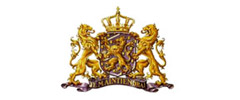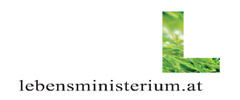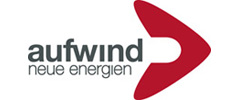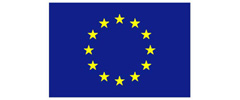Successfull WECF and AWHHE conference in Yerevan, January 26 – 27, 2006
Saving water sources, Organic Farming and Wastewater management were the themes at this two-day seminar
13.02.2006 |Gero Fedtke
Extensive industrialized agriculture of the Soviet Era, followed by monoculture with often improper application of agrochemicals on the one hand, pit latrines and nonexistent or not operating waste water treatment plants on the other both put the groundwater and thus drinking water sources at a danger in Armenia.
For instance, some of the drinking water sources for the countries capital, Yerevan, are at the risk of being polluted through untreated waste waster being discharged in villages located in their catchment area.
Intelligent waste water management and organic agriculture can both contribute to reducing man-made pollution and were thus selected as the topic for a two-day seminar organized in Yerevan by the Armenian Women for Health and a Healthy Environment , AWHHE and WECF on January 26 – 27, 2006.
On Jan 26, scientists from Yerevan State University, NGO activists, representatives from the Armenian Ministry of Nature Protection, managers from food processing industries, and farmers and agronomists from WECF and AWHHE joint TMF project villages met in the conference room of Yerevan State Universities Guesthouse.
Presentations were given on the principles of Organic Farming, regulatory mechanisms in organic farming and the legal situation in Armenia as well as on NGO-facilitated implementation projects , like the organic farming demonstration project, will be realised as a part of the WECF-AWHHE TMF project, or the work of “Green Lane” and Ecoglobe NGOs.
After presentations and discussions, participants split up into workshops to discuss growing methods, regulations, guidelines, and possibilities of marketing. Armenia has not yet issued legislation on organic agriculture and a national certification body is still in the making. But farmers are already using organic farming methods, and the market offers good opportunities for organic produce like apricots and other fruits or wallnuts. Farmers should organize themselves in order to successfully occupy a place on the market.
On Jan. 27 invited expert Franziska Meinzinger from the Technical University of Hamburg-Harburg (TUHH) presented the concept of Ecological Sanitation – decentralized waste water treatment including the implementation of soil filters and dry urine-diverting toilets.
Scientists, NGO activists, and Armenian Water and Sewerage Company expert held presentations on water supply and waste water management issues from different angles. The quality of water sources in Armenia is as a rule of good quality, but potentially threatened by anthropogenic pollution.
Currently, no finances are allocated for improving or introducing centralised waste water treatment systems, while examples of a successful implementation of decentralised waste water treatment as a result of joint efforts undertaken by international and national NGOs and the business sector in Armenia already exist. The idea of Ecological Sanitation was welcomed with high interest by experts from all sides.
Gero Fedtke,
WECF coordinator Caucasus and Central Asia



































